BurgerFi, a cherished U.S. burger chain known for its upscale offerings and also the owner of Anthony’s Coal Fired Pizza, has just filed for Chapter 11 bankruptcy.
With a staggering debt load of $500 million, the future of its 162 eateries, including a brand-new flagship in New York, now hangs in the balance.
Joining the Bankruptcy Wave of 2024
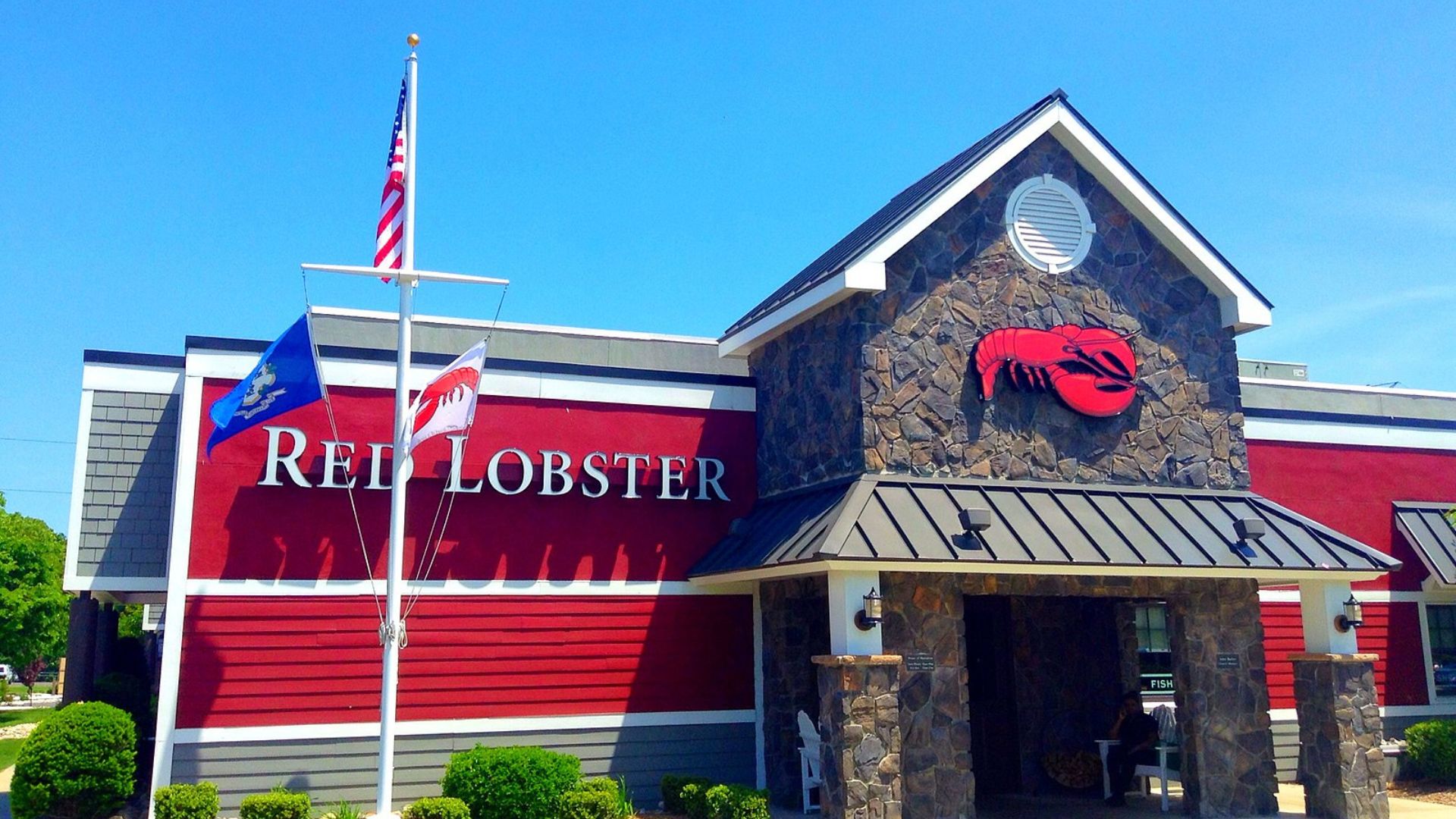
It’s been a rough year for the restaurant industry, and BurgerFi is the latest to face the music, joining the likes of Red Lobster and Buca di Beppo in seeking bankruptcy protection.
“BurgerFi’s Chapter 11 case comes on the heels of a busy year for restaurant bankruptcies,” noted Sarah Foss from Debtwire.
Premium Prices, Hefty Problems
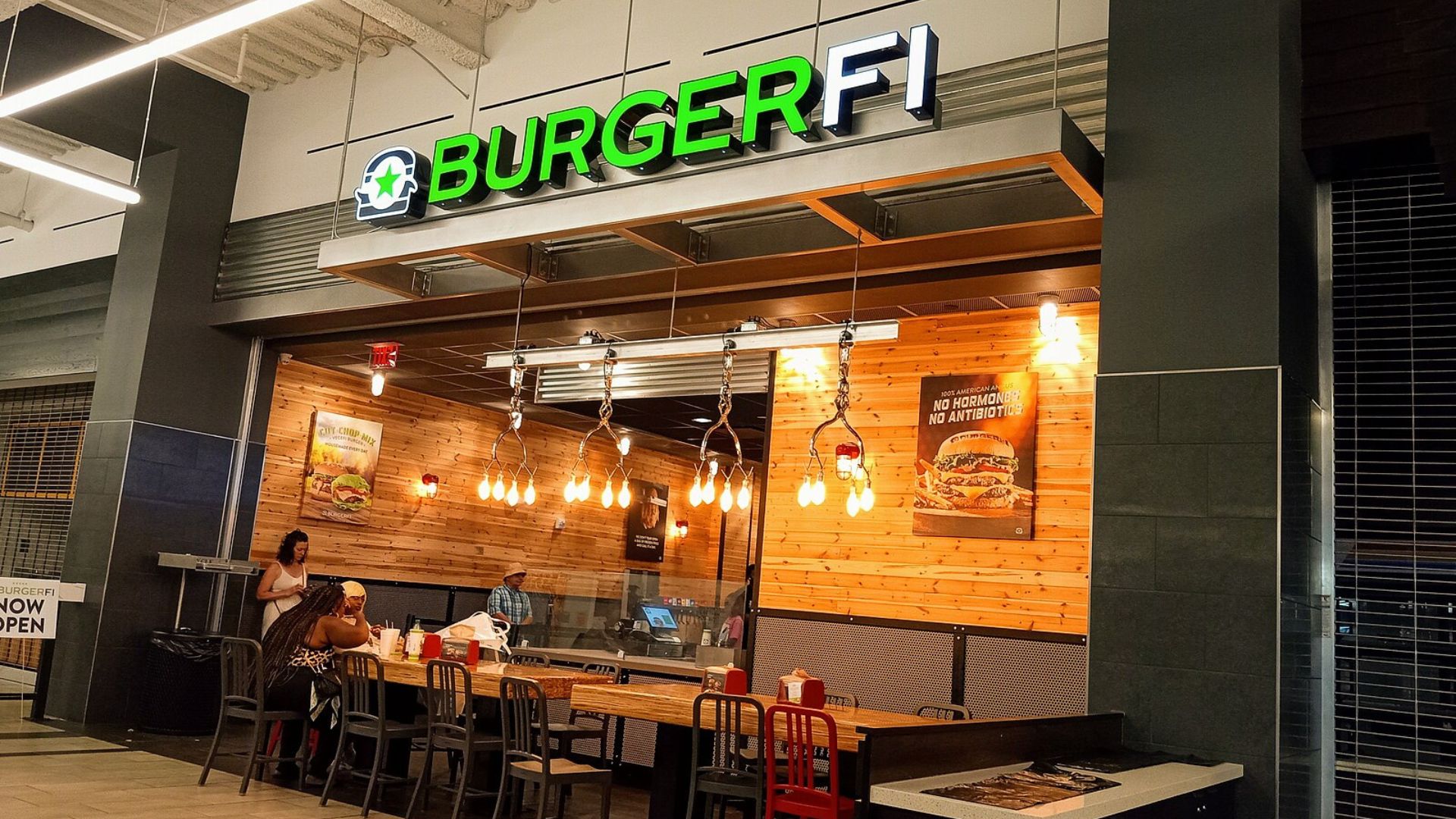
Competing with big names like Shake Shack and Five Guys, BurgerFi offers its cheeseburgers for around $11 each.
Despite these premium prices, financial stability has eluded them, forcing the chain into bankruptcy as a strategy to manage overwhelming debts.
Warning Signs Were There
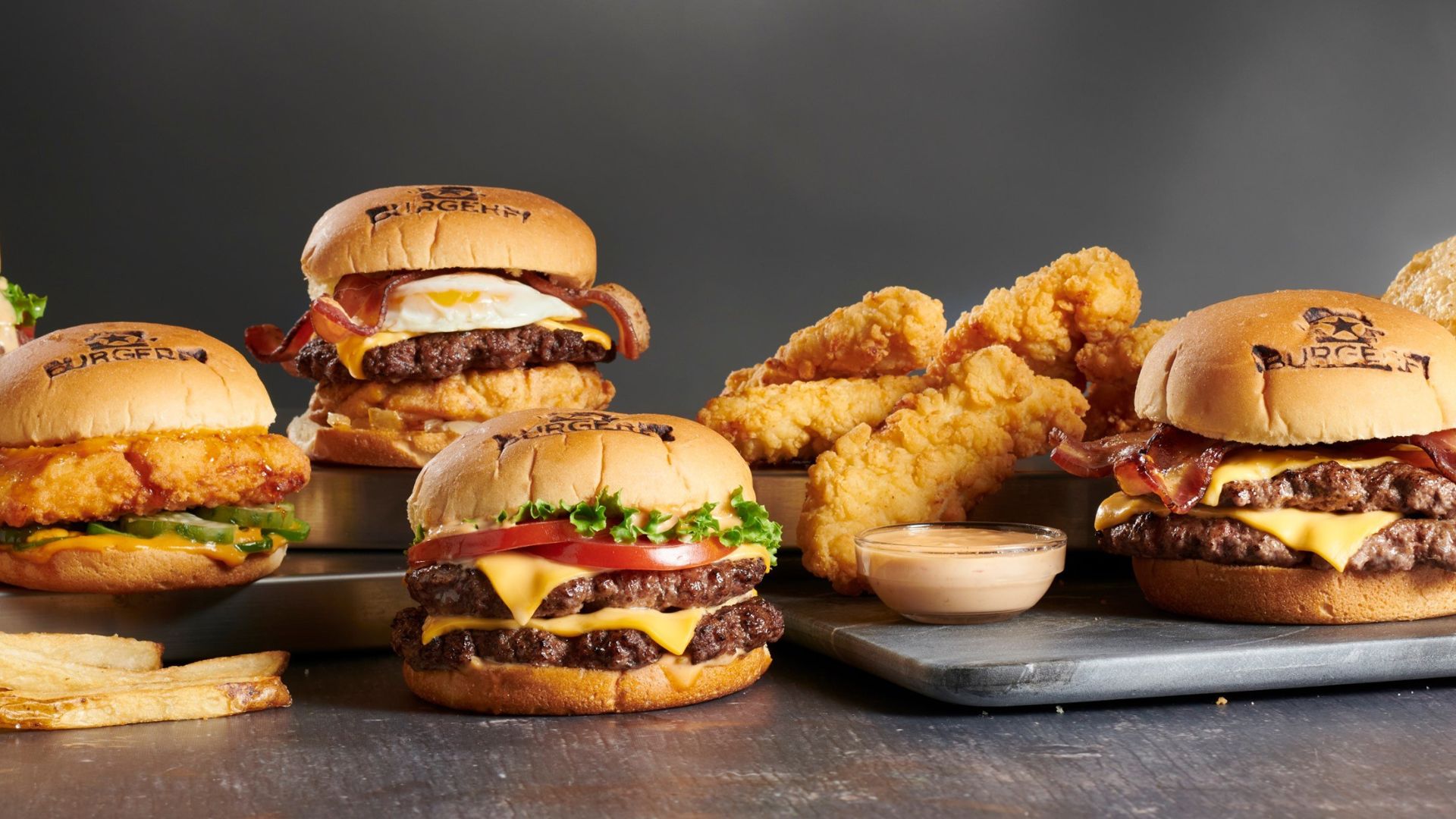
The red flags were raised last month when BurgerFi disclosed a cash reserve of only $4.4 million as of August 14.
Moreover, they’re bracing for a massive $18.4 million loss for just the second quarter, revealing just how deep their financial troubles go.
Closing Doors Across America
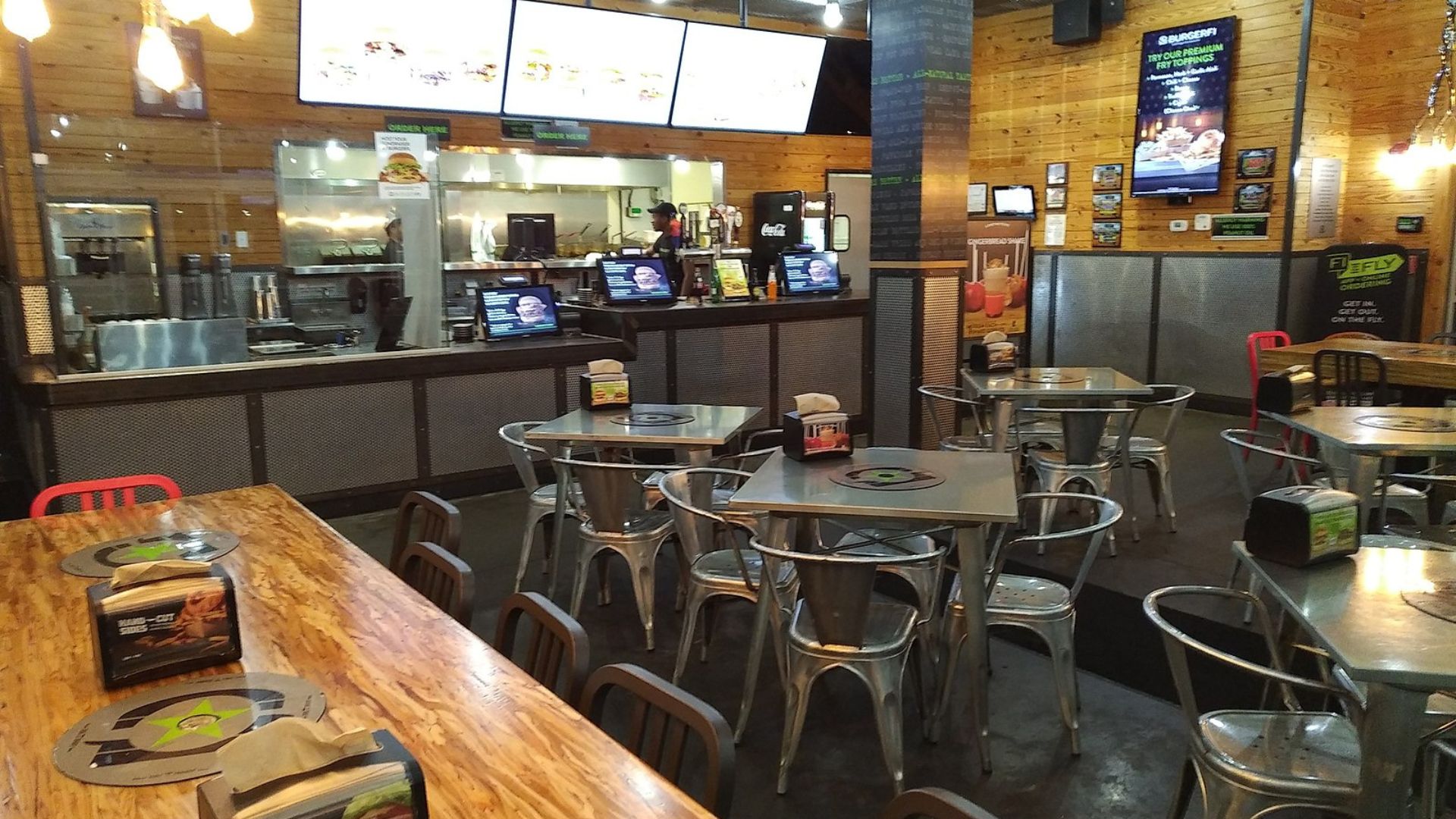
The financial strain has led to significant downsizing, with BurgerFi having to close 8 stores earlier this year, on top of 14 last year.
This leaves only 102 locations still up and running, a stark decrease that underscores the severity of their issues.
Financial Recovery: A Murky Path Ahead
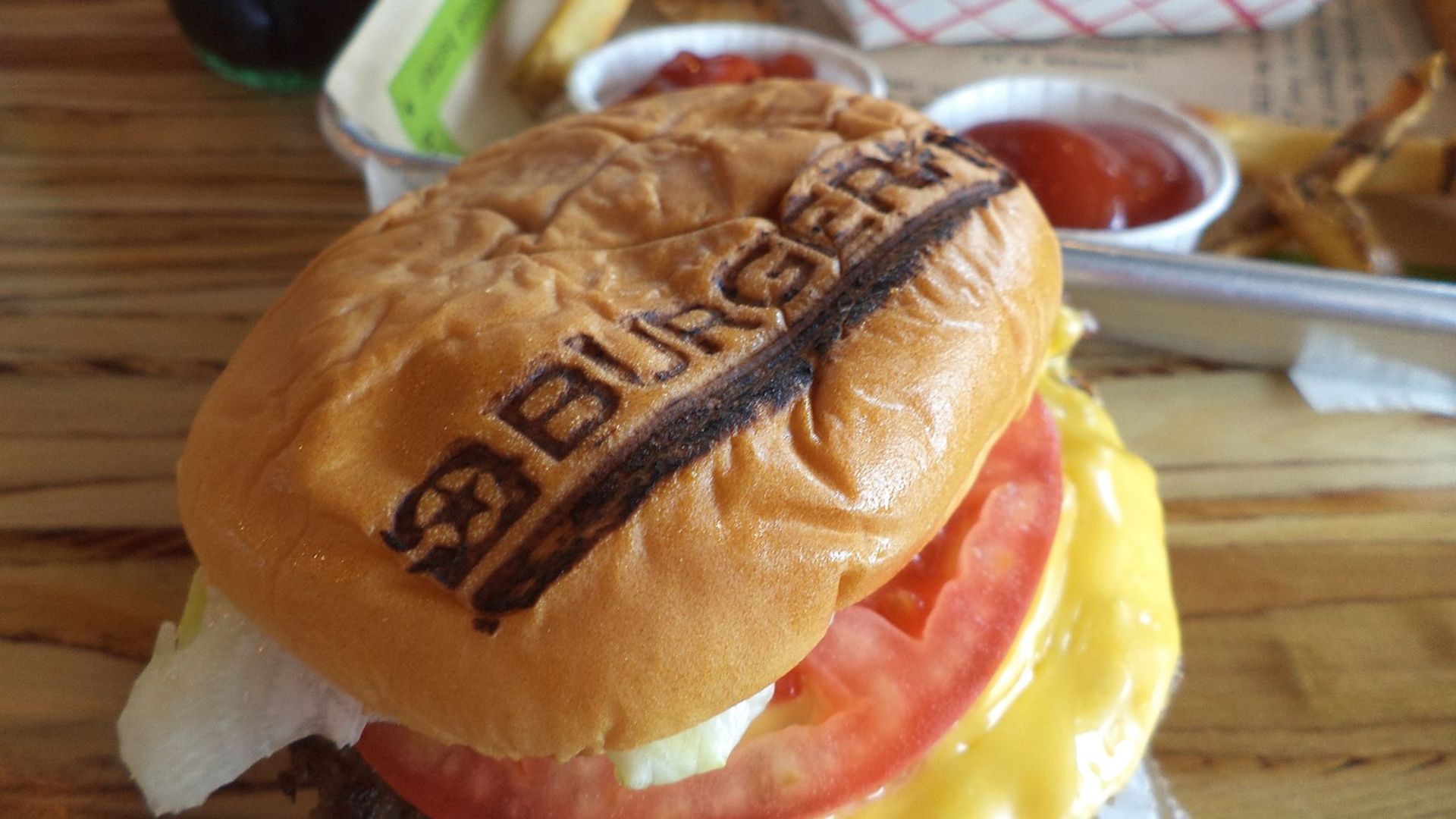
Details on how BurgerFi plans to recover financially remain vague as they navigate the complexities of bankruptcy court.
With debts mounting, the strategy for turning things around is still up in the air, leaving employees and investors anxious.
Commitment to Quality Amidst Crisis
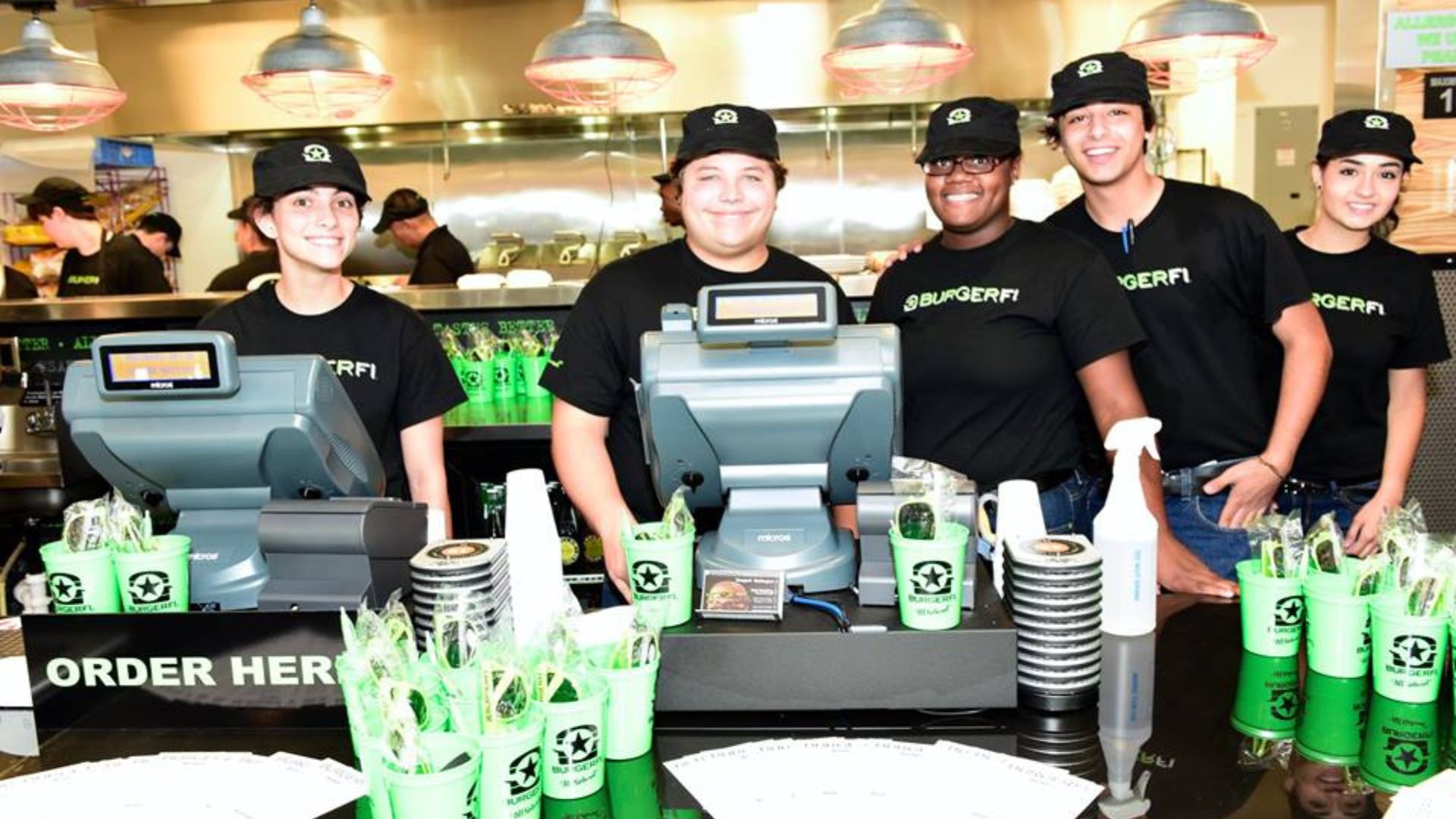
Despite the financial turmoil, BurgerFi hasn’t wavered in its commitment to quality.
They say on their website, “We don’t just serve great burgers. Since 2011, we’ve been serving next-level burgers made with fresh ingredients from the top suppliers across the country with an uncompromising standard for flavor and quality in everything we do.”
Ripple Effects of Restaurant Closures
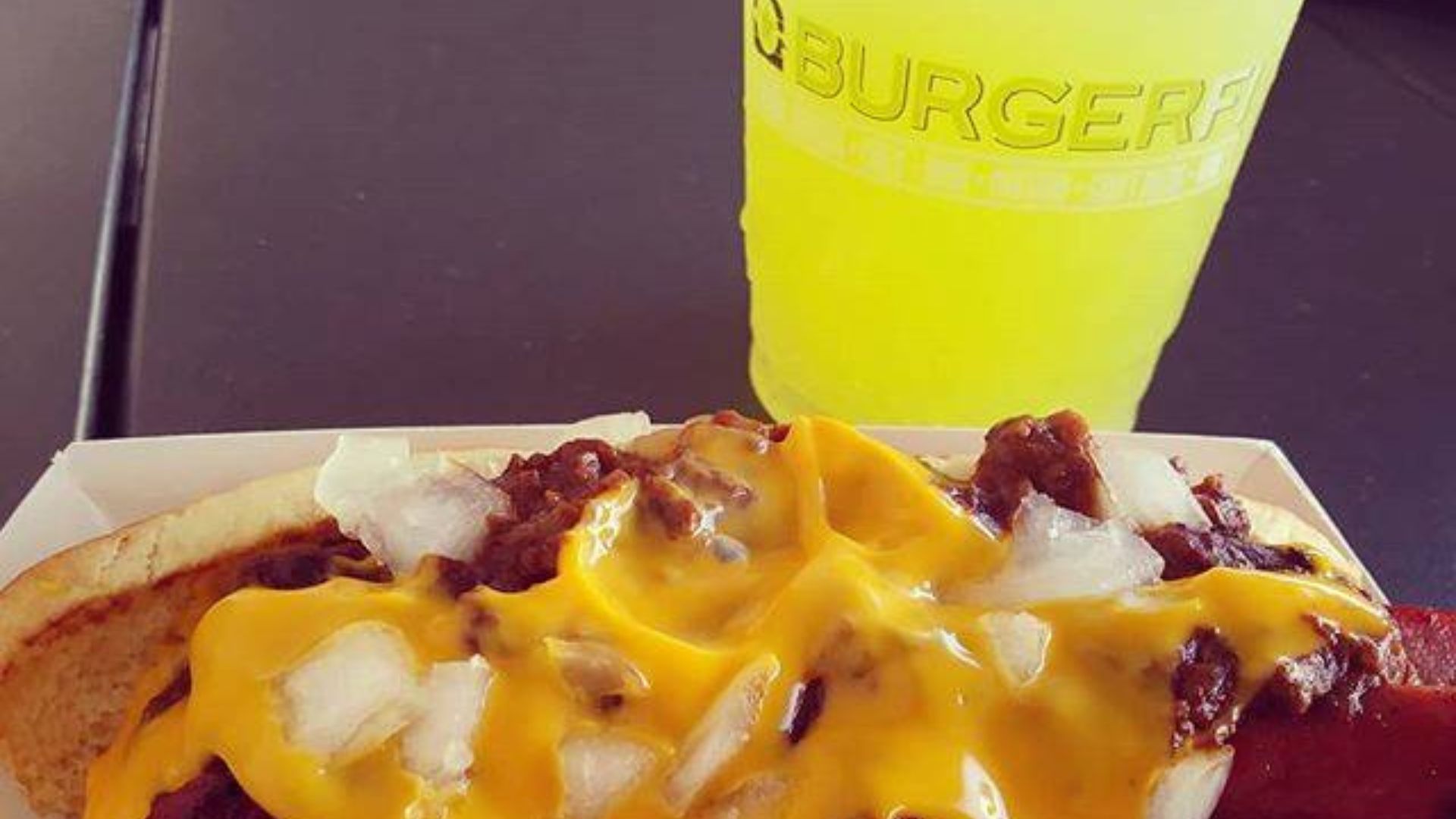
The chain’s ongoing closures do more than just reduce its physical presence.
They directly impact its revenue and compound the financial woes caused by escalating food and labor costs.
A Steep Decline in Market Confidence
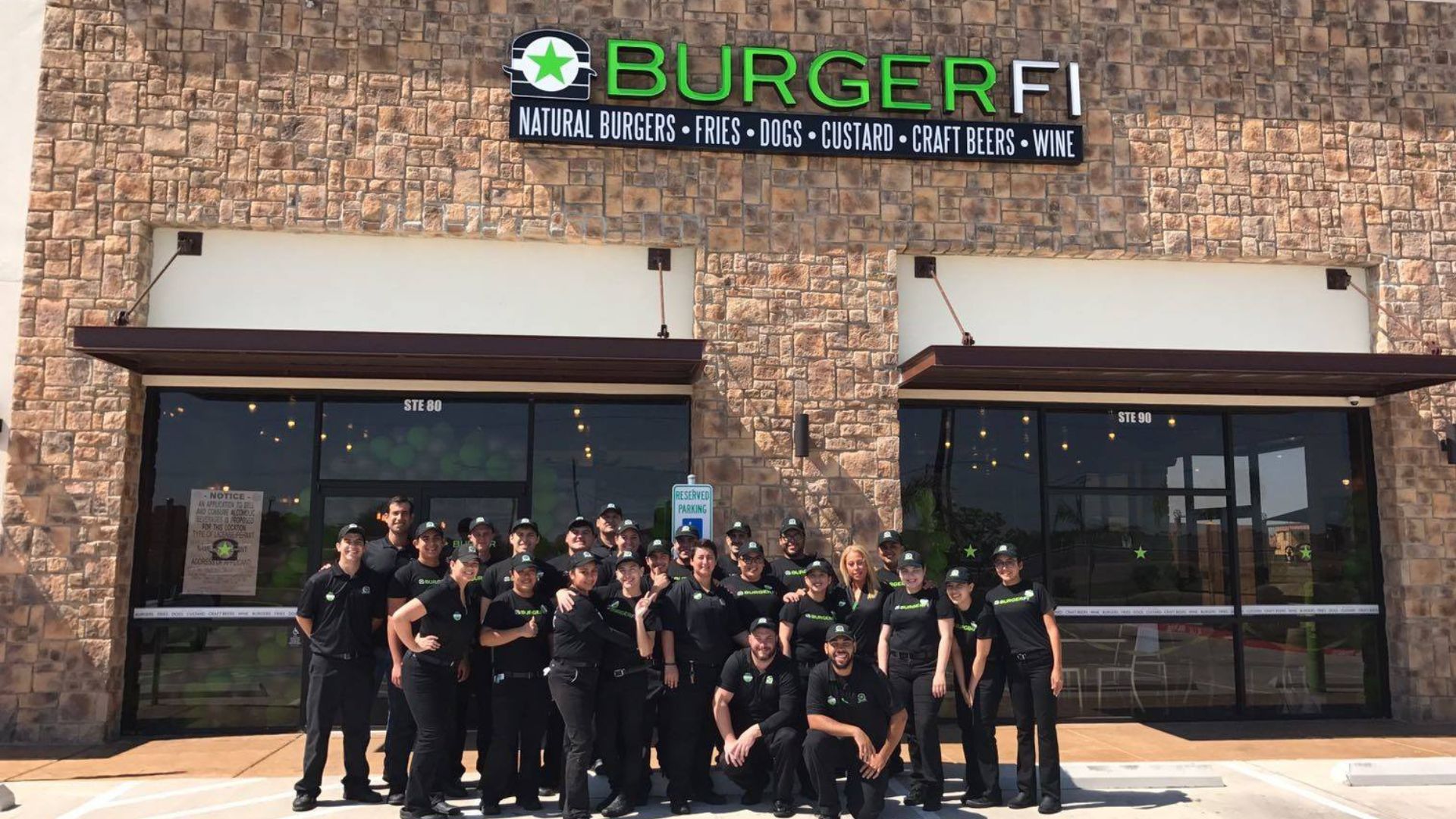
Since debuting on the stock market in 2020, BurgerFi’s shares have plummeted nearly 60%, with a current trading value of just 14 cents.
This dramatic drop reflects dwindling investor confidence in the burger chain’s future prospects.
Industry-Wide Financial Strains
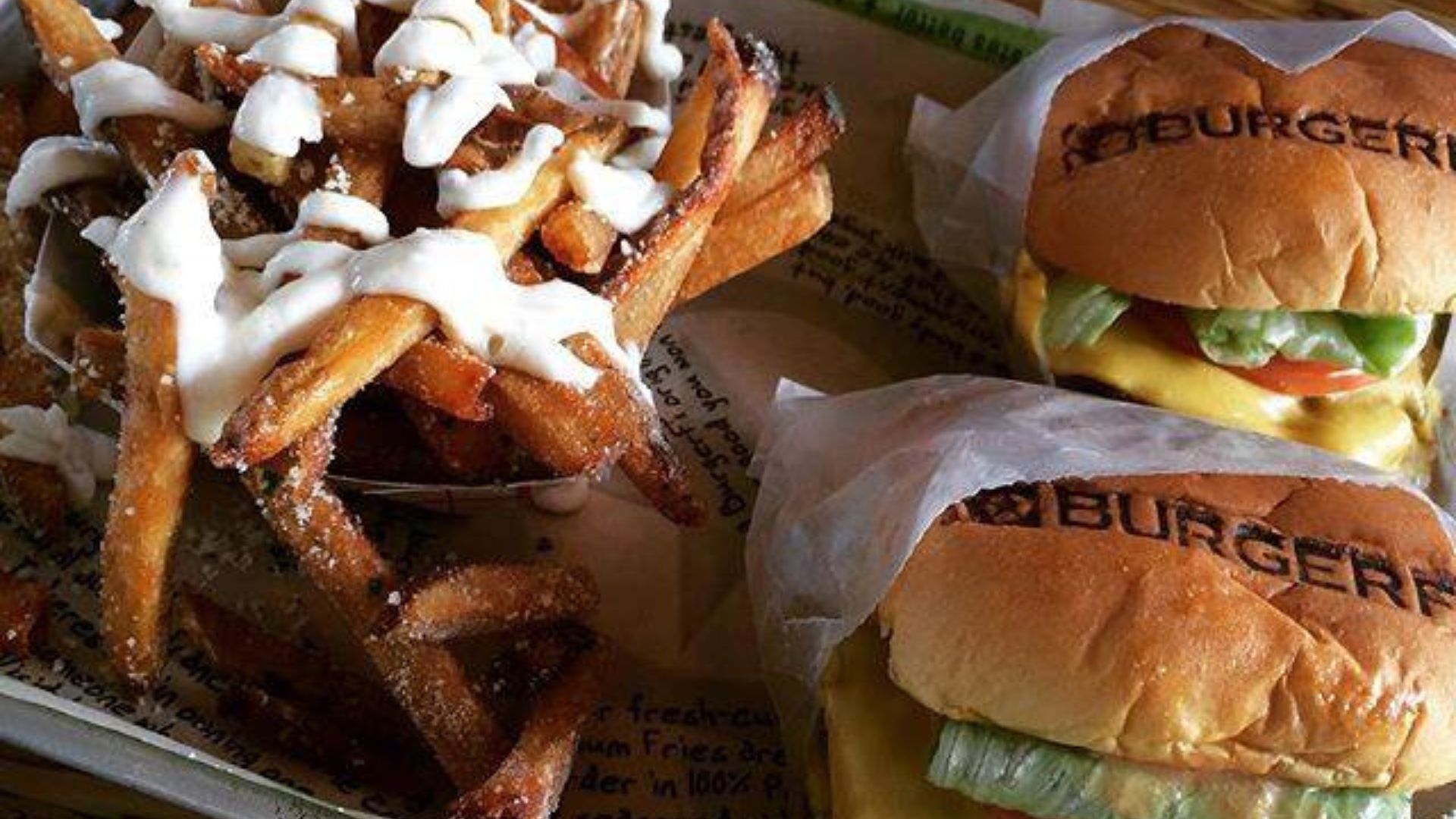
BurgerFi’s troubles are reflective of larger issues within the restaurant industry, characterized by rising operational costs and shifting consumer preferences.
This year, several other major chains have also found themselves in bankruptcy courts.
A National Trend of Dining Distress
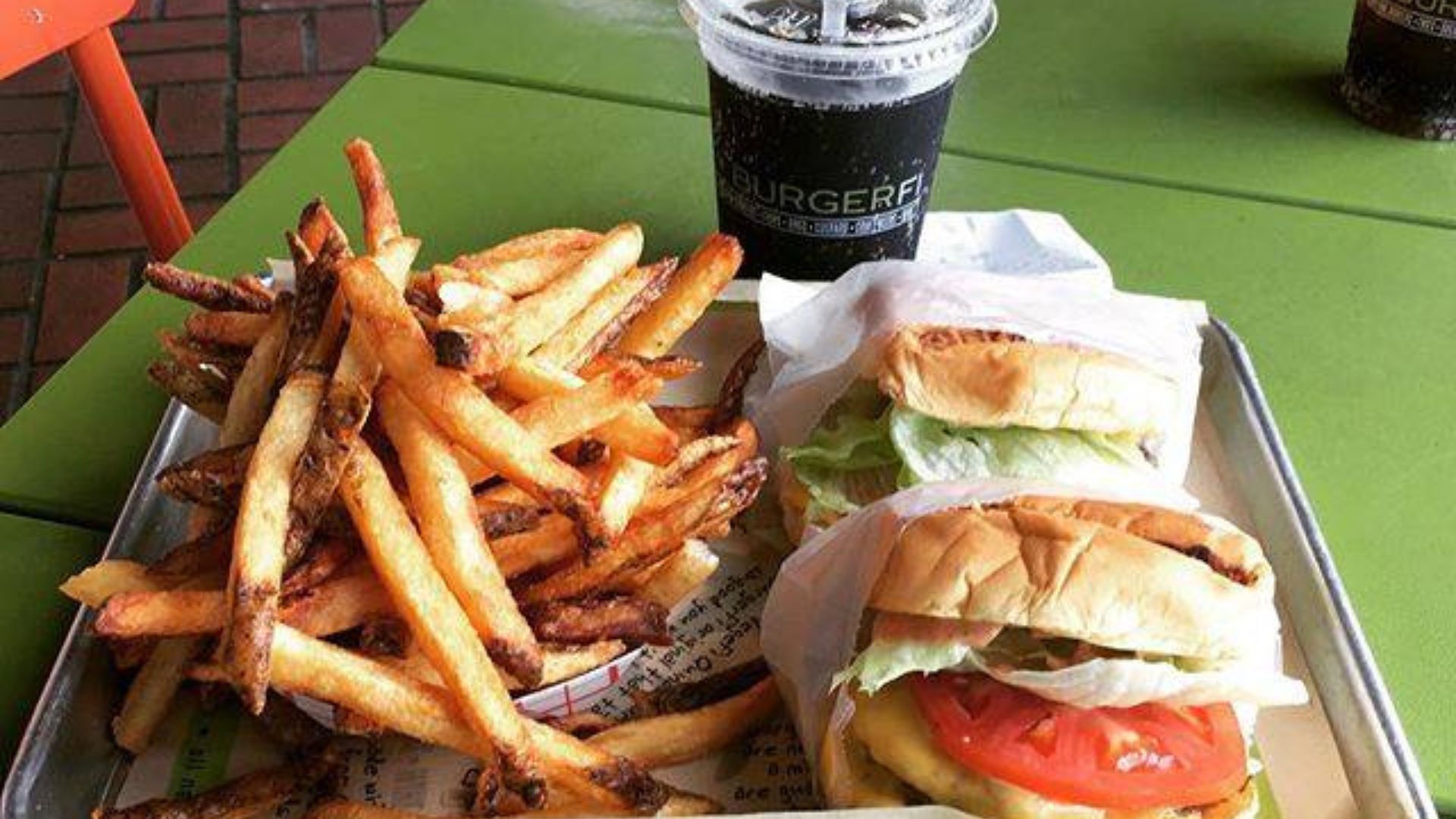
The issue extends beyond BurgerFi; the entire U.S. restaurant industry is experiencing widespread closures.
This trend highlights the broader economic challenges facing the hospitality sector, from inflated costs to decreased consumer spending.
What Lies Ahead for the Restaurant Scene?
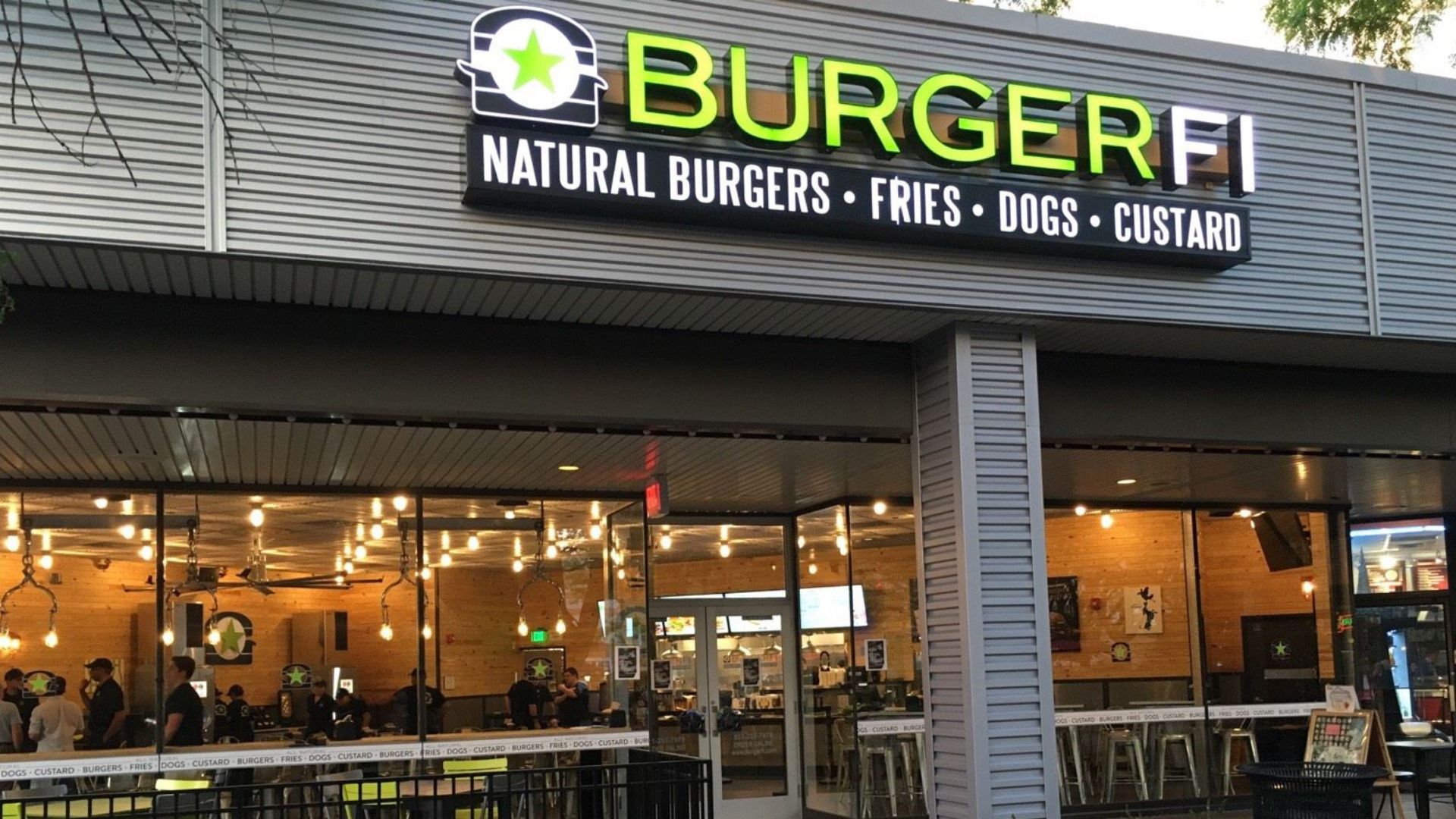
The future remains uncertain for BurgerFi and its peers as they struggle through bankruptcy proceedings.
The outcomes of these cases will be crucial in shaping what the dining landscape will look like in post-bankruptcy America, offering insights into potential recoveries or continued declines in the industry.
